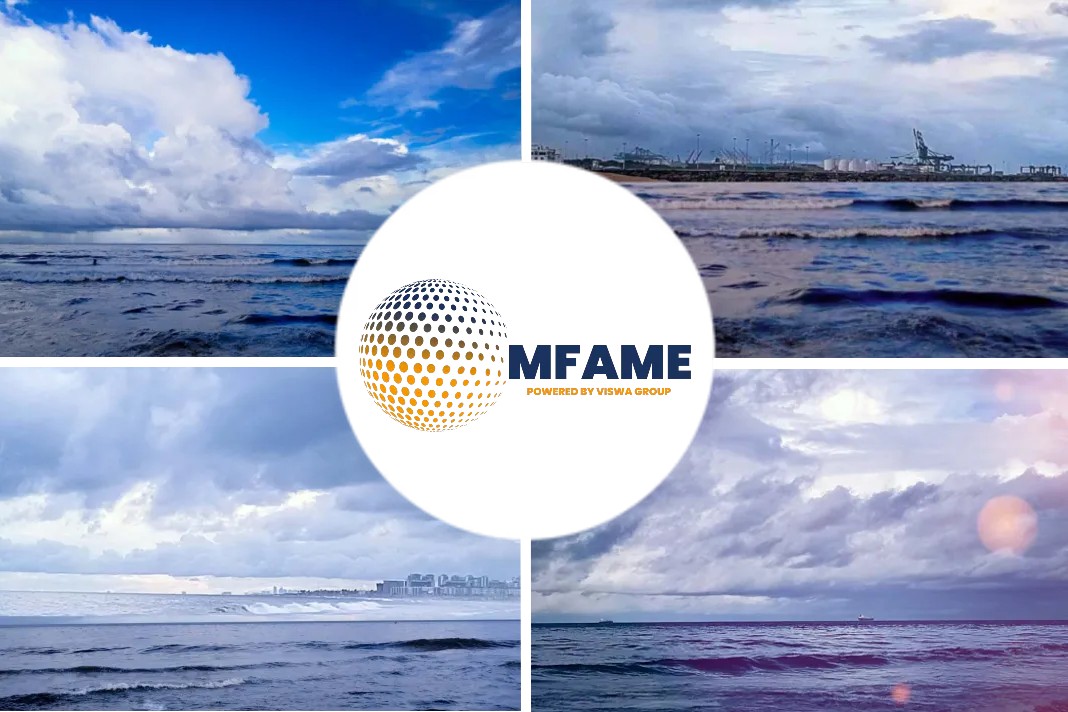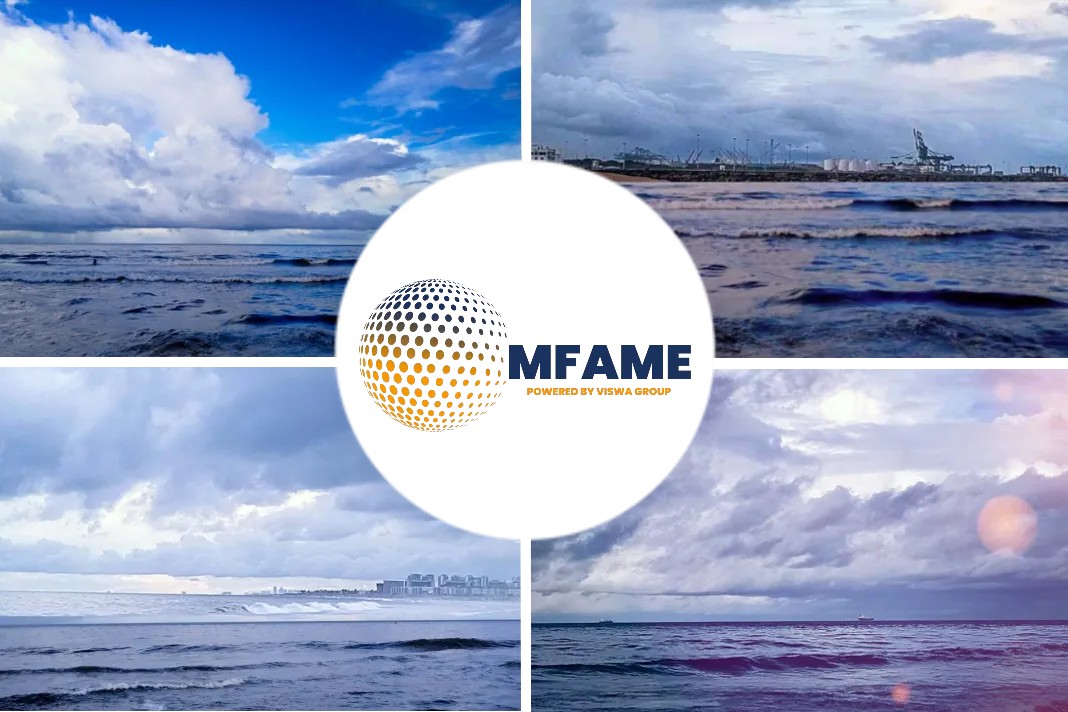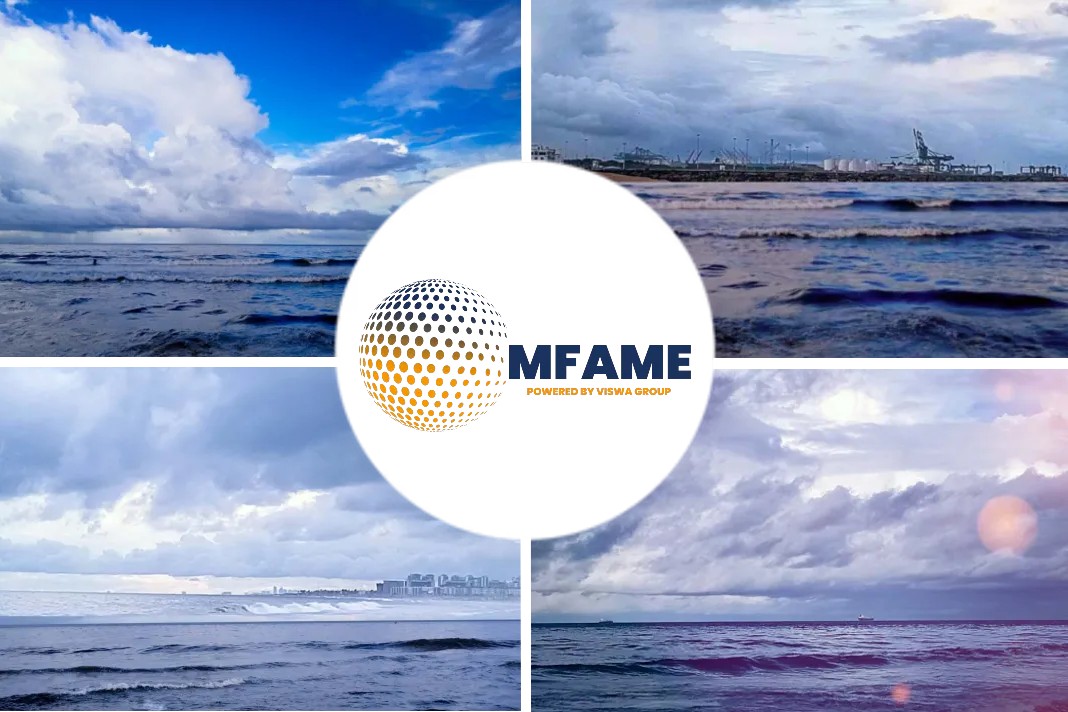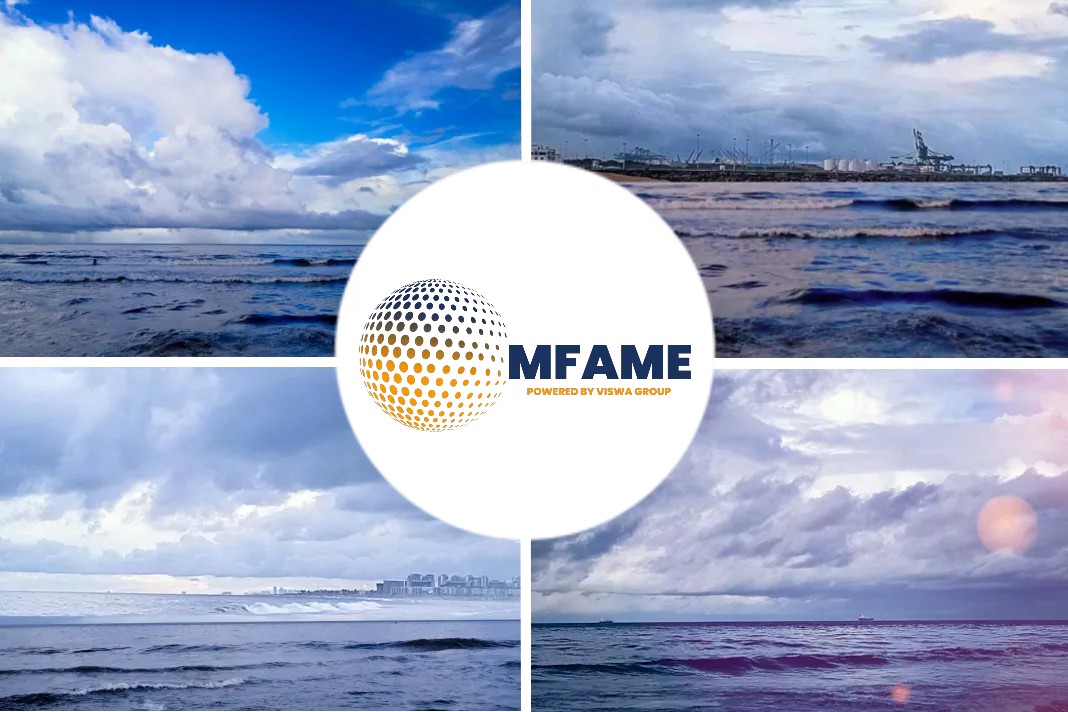- Jaakko Eskola, President & CEO is determined to chart out a routine for the company in 2020.
- The company plans to harvest renewable energy for backup power in an environmentally sustainable manner.
- It also plans to switch to cleaner energy, like LNG, synthetic gas and hydrogen.
Wärtsilä encountered a mixed bag of emotions during its 185th anniversary. However, the company is ready to forge ahead under the leadership of Jaakko Eskola, President & CEO, according to an interview provided by the boss himself.
Transcripts from the interview
1. How would you sum up 2019?
A year like no other, to be frank. It’s been a year full of unexpected events. In my 22 years with the company, I have never seen anything quite like this.
2. What was so different about the year?
The year started well, but as it progressed, we saw both of our markets, marine, and energy, dip. This was quite unusual because usually at least one of the two stays active. The fact that both markets fell forced us to restructure our organization and make the difficult decision of trimming our workforce.
Another setback came in the form of a few internal challenges with certain projects. We deal with complex projects and constantly charter the unknown, and sometimes mistakes happen. But we were fast to review our internal processes and to learn from our mistakes. With all the actions taken since we are better positioned now to face both internal and external challenges.
3. Speaking of external factors, your order intake for energy projects dropped significantly during 2019. What are things standing still in the energy market?
We are in the midst of a big transition. We all know what needs to be done, but actually making it happen is not as easy or straightforward as one might think. The prices for renewable energy are coming down, especially solar, which is over 90% less expensive now compared with 10 years ago. Wind energy is also now feasible on market-terms. Ideally, this should play in our favour as the increased use of renewable energy will require backup power, which we can provide in an environmentally sustainable manner.
But in reality, there is more at play in making the switch, and this makes investing in energy solutions in today’s world a delicate affair. There is so much uncertainty on all fronts.
4. According to IEA (International Energy Agency), renewables should account for 50% of the global energy supply in 2050. What, in your opinion, should happen for us to get there?
The world needs to get rid of coal, but how and when to do it is a big and complicated decision. Some energy systems, such as the ones in Australia and California have come a long way when it comes to investing in renewable energy with sustainable backup power. But many other societies face challenges in securing funding for these types of solutions. We need clarity and predictability on the payback terms to prompt investment. Also, it is important that decision-makers commit to environmental targets and understand the need for a long-term, step-wise approach.
For many developing nations, the continued geopolitical instability slows down large public investments, such as modernizing the power infrastructure.
5. In 2018, around 800 new vessels were ordered globally. That number dropped last year. Is this trend expected to continue?
The tensions in world trade have made ship owners and operators cautious when it comes to making new investments. It’s a bit of a ’wait and watch’ situation. For instance, although IMO’s regulation regarding the Sulphur cap of 0.5% has come into force in January, ship owners are wary of investing in scrubbers as there is uncertainty regarding fuel-price spreads. But if you take a slightly longer view, sooner or later ship owners will have to make the needed investments if we are to reach the IMO’s goal of cutting down on carbon emissions by 40% by 2050. So no, I do not think the trend will continue.
6. So, last year’s challenges were of a temporary nature?
Yes, definitely. We may have a few tough years as the world grapples with all the uncertainty. But the long-term rationale has not changed, either for our marine solutions nor energy. And the good news is that our service offering is doing really well. We have a robust installed base around the world, and we are committed to serving the customers over the lifecycle of the equipment, that being several decades.
7. Some people say we should shop less for a more sustainable world. Do you believe in that?
The livelihood of a lot of people depends on us consuming, I do not think it is realistic to backtrack. But what we should do is to make sure we produce and move our goods in a sustainable manner. 90% of the goods we buy are transported by sea. If only we make sure that part is sustainable, we have done a lot.
8. How can shipping be made more sustainable?
The long-term solution is, of course, to switch to cleaner energy, like LNG, synthetic gas and hydrogen, on which our engines can run as well. But we can also save a lot by operating in a smart way: have just-in-time thinking in ports and so forth. Optimizing vessel operations have a tremendous positive impact on the carbon footprint of maritime transport.
9. This is what Wärtsilä’s An Oceanic Awakening and Sea20 initiatives have been aiming for. Will you continue with these initiatives in 2020?
Yes, definitely. And hopefully, we will add more port cities to the program. We can only change the world through collaboration. Another big commitment we recently made was to invest in the Smart Technology Hub in Vaasa in Finland. The construction is moving ahead, and I am really excited about that.
10. 2019 will go down in history as the year when capitalism was questioned by even its starkest defenders. What are you take on the purpose of the firm?
I have always had two guiding stars – if you serve your customers well and take good care of your personnel, success will follow. At Wärtsilä, we also have the added luxury of having a clearly defined, and widely recognized corporate purpose, which is closely tied to what is good and necessary for our planet. That is what drives me.
Did you subscribe to our daily newsletter?
It’s Free! Click here to Subscribe!
Source: Wartsila





















